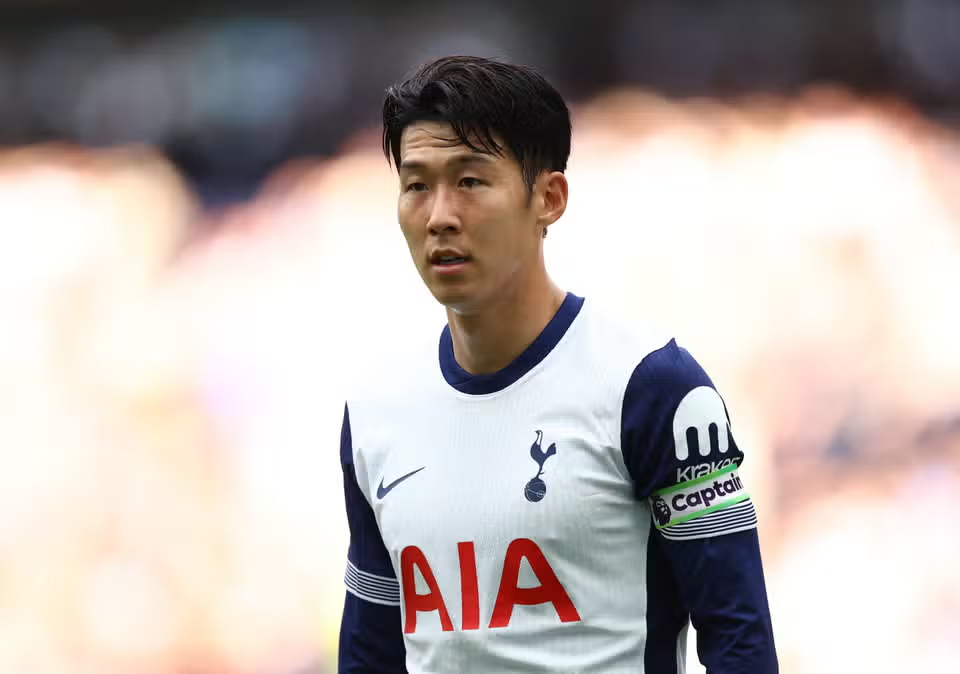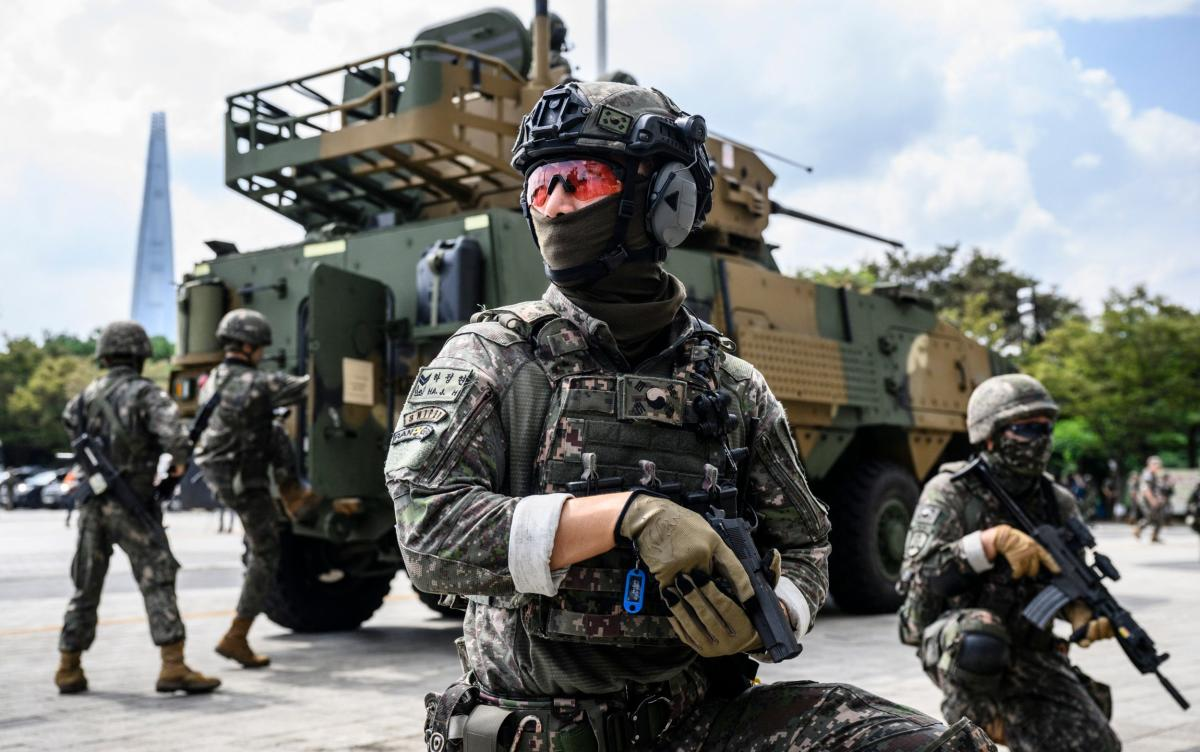South Korea’s mandatory military service is a significant aspect of national identity and defense, requiring all able-bodied men to serve for at least 18 months. Avoiding military service through extreme measures raises ethical and legal questions in South Korea.
However, this obligation has led some to take extreme steps to avoid the draft. One recent case that has captured public attention involves a 26-year-old man who deliberately gained weight to avoid a combat role.
His actions, along with the help of a friend, resulted in a court conviction, highlighting broader issues around military service, societal pressures, and personal responsibility in South Korea.
The Case of Deliberate Draft Evasion
The 26-year-old defendant, whose name remains undisclosed, began his journey to avoid combat service by strategically increasing his weight. According to reports, he went from being fit for combat duty in his initial physical assessment to being categorized as obese in his final evaluation. This change allowed him to qualify for a non-combat role within a government agency rather than serving in the military’s frontline units.
The man reportedly followed a strict regimen designed to double his food intake and included excessive water consumption just before his physical exam.
His friend, who recommended this strategy, was also found guilty of aiding and abetting the scheme. Both received suspended sentences—a one-year suspension for the defendant and a six-month suspension for his friend—reflecting the seriousness with which the South Korean courts view draft evasion.
Read : South Korea’s Mountain of Plastic Recycles Only 27% of Its Total Plastic Waste
This case underscores the lengths to which some individuals will go to avoid mandatory service, raising questions about the pressures and expectations placed on young men in South Korea. It also highlights the legal and ethical ramifications of such actions, which are considered a violation of the country’s Military Service Act.
The Broader Issue of Draft Evasion in South Korea
Draft evasion is not a new phenomenon in South Korea. The country’s conscription system, while widely accepted, is also a source of significant anxiety for many young men. Military service is seen as a rite of passage, but it also interrupts education, careers, and personal plans, making it a daunting prospect for some.
Read : 13-Year-Old UK Boy Gets World’s First Epilepsy Device Fitted in Skull
According to a 2017 report by the Military Manpower Administration, 37% of detected draft-dodging cases involved deliberate weight manipulation.
This statistic reveals a recurring pattern: individuals either gain or lose weight to avoid service or secure less demanding roles. Such actions are viewed harshly by both the government and society, as they undermine the principle of equal responsibility.

The penalties for draft evasion are severe, including prison sentences and social ostracization. In a society that places a high value on collective duty and national defense, those who attempt to shirk their responsibilities face significant backlash.
This case has reignited debates about fairness, the pressures of military service, and whether current policies adequately address the needs and concerns of conscripts.
Societal Pressures and the Role of Military Service
Military service in South Korea is more than just a legal obligation; it is a cultural expectation deeply embedded in the national psyche. For many young men, serving in the military is seen as a test of character and a demonstration of patriotism. Those who evade service are often stigmatized, facing not only legal consequences but also social judgment.
The case of the 26-year-old man who gained weight to avoid service reflects the intense pressure that conscripts face. While some argue that the system is necessary for national security, others contend that it places an unfair burden on young men, disrupting their lives and careers.
The availability of exemptions for certain individuals, such as K-Pop stars or those with medical conditions, adds another layer of complexity to the debate.

These exemptions, particularly the so-called “BTS Law,” which allows successful artists to defer service, have sparked controversy. Critics argue that they create a sense of inequality, with some individuals able to avoid service while others cannot. This perception of unfairness fuels resentment and, in some cases, motivates attempts to evade the draft.
The South Korean government faces a delicate balancing act: ensuring that military service remains fair and equitable while addressing the concerns and anxieties of conscripts. Cases like this one highlight the need for ongoing dialogue and potential reforms to the conscription system, ensuring that it meets the needs of both the nation and its young citizens.
The case of the South Korean man who deliberately gained weight to avoid military service is a striking example of the lengths some individuals will go to evade their obligations. It raises important questions about the pressures and expectations placed on young men, the fairness of the conscription system, and the societal value placed on military service.
While the legal consequences faced by the defendant and his friend underscore the seriousness with which draft evasion is treated, the broader issue remains unresolved. As South Korea continues to grapple with these challenges, it must find ways to balance national security with the personal and professional needs of its citizens.
Only then can it create a system that is both fair and effective, ensuring that all young men can serve their country with dignity and integrity.
let’s enjoy few years on earth with peace and happiness….✍🏼🙏

